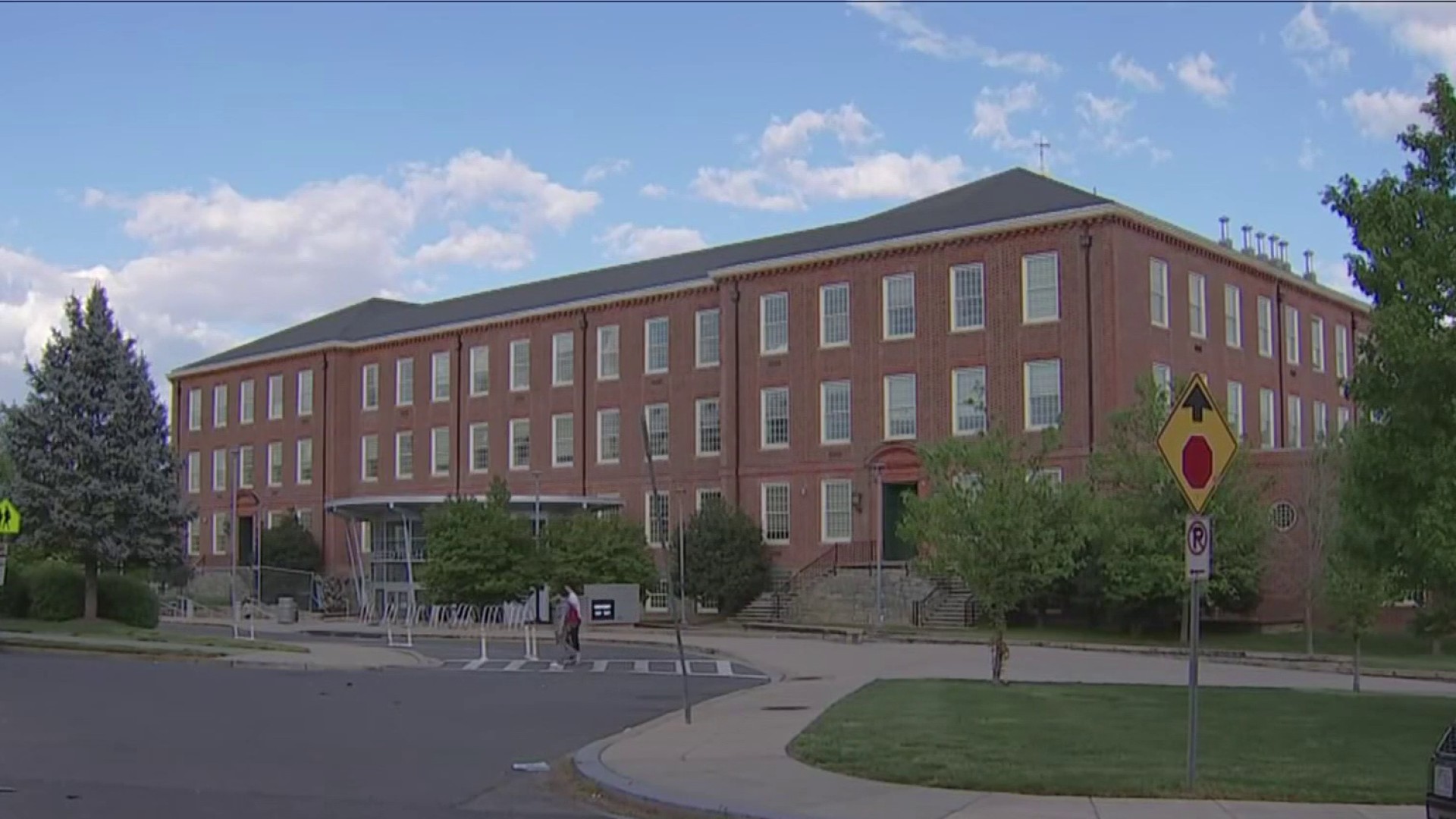Stephen Cordi walked into the radio studios of WAMU 88.5 Friday knowing what was ahead.
“I cannot believe how inept the tax system is in the District,” said the first caller. “Oh, it’s driving me crazy.”
Cordi is the deputy chief financial officer for tax and revenue in the District.
That’s his formal title.
What it means is that he is the man in charge of collecting taxes in the District for Chief Financial Officer Natwar Gandhi.
Cordi has been making the media rounds responding to a harshly critical series in The Washington Post this week that bemoaned how some poor, aged or disabled homeowners have, since 2005, lost their homes to tax lien foreclosures even though the amount they initially owed was quite small.
Despite reforms initiated by Cordi himself in 2008 and moves to drop the tax error rate from a high of 7 percent to 3 percent, some homeowners are still caught up in the system.
Local
Washington, D.C., Maryland and Virginia local news, events and information
“You shouldn’t lose your house for a small amount of dollars,” Cordi told radio host Kojo Nnamdi. “At the end of the day, it is the [D.C.] Council that enacts the laws.”
Well, The Post series got the attention of several members of the council and Mayor Vincent Gray. They’re all preparing emergency legislation for Tuesday that will stem lower-dollar amount foreclosures until a full review can be done.
Ward 2 Council member Jack Evans, chairman of the finance and revenue committee and a candidate for mayor, says he’s preparing legislation that would protect seniors, veterans and the poor. Mayor Gray says he’ll have some proposals, too.
Critics of the city say officials have known about the tax lien burden for more than a decade.
If a homeowner fails to pay taxes, liens are placed against that home by the city government.
If the liens aren’t paid, the liens are sold to the highest private bidder at auction.
The winner of a tax lien wins the right to sue the homeowner to get the lien paid and cover legal costs.
If those bills aren’t paid, the lien holder can foreclose and take possession of the house.
The tax office says some unscrupulous people use the cumbersome process to delay paying taxes, but acknowledges more innocent people are caught up in the process.
How does it be more fair and protect the truly innocent victims? That next step is to see what the Council does on Tuesday.



